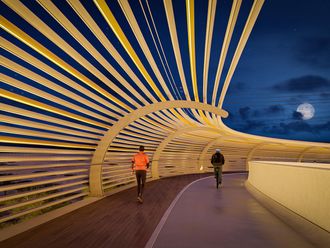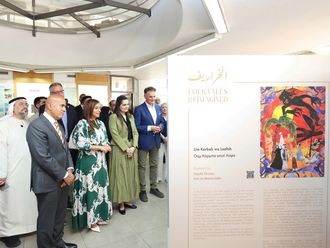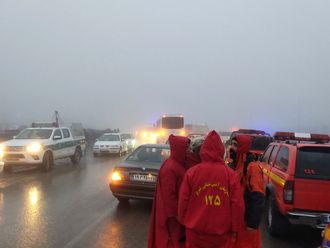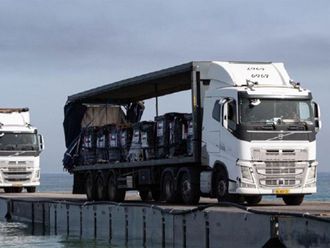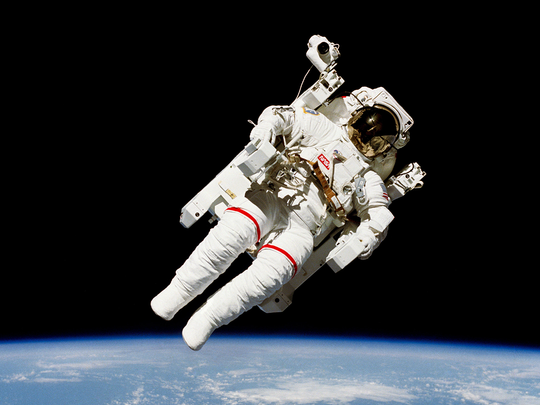
Taking on from when the very first man went to space, there are a few traditions followed by cosmonauts before every spaceflight. Here are nine unique traditions astronauts follow from 1961 to this very day.
Music
It’s a long-standing tradition that started with Yuri Gargarin, the first man in space. As astronauts wait, strapped in, in the spacecraft, music is played to astronauts right before the space flight begins.
Early morning on 12 April, 1961 after a sleepless night, Gargarin was bussed out to the Baikonur launch pad and helped into his Vostok capsule. Strapped tightly to his couch, with the hatch bolted shut behind him, he had nothing to do but wait.
With his launch delayed by last minute technical glitches, the initial excitement and tension of this historic day wore off. In short, the first spaceman ever was getting a little bored.
“Mission control asks him how he is faring and Gagarin suggests that music might help. As the countdown continues, technicians eventually manage to pipe records of Russian love songs into the capsule,” wrote Richard Hollingham reporting for the BBC in 2015.
Now, it’s a tradition and it helps them become calm before the flight.
For UAE’s first astronaut, Hazza AlMansoori it will be a song that reminds him of his mother, he chose it to thank her.
On Tuesday, during a press conference, Hazza said: "I chose one song for my mom because I believe that we're here because of our parents. I chose a song for her because I want to thank her."
Music has become a vital part of spaceflights and on the International Space Station. Astronauts have their playlists, that they can play while on the ISS. Even though technology now allows ground staff to upload music directly to the ISS, the tradition of selecting a playlist continues.
Earlier this year in June, Nasa called on music lovers to curate spaceflight playlist. According to NASA: “Music has been interwoven throughout spaceflight history, from pre-launch songs to shuttle wake-up calls to crewmembers playing instruments on the International Space Station.
"As we celebrate the 50th anniversary of Apollo 11, we’re also preparing to go back to the Moon by 2024, which means astronauts will have a non-stop journey of approximately 3 days each way – the ultimate long-distance travel. Just like any road trip needs a soundtrack, so does a spaceflight!"
According to a 2019 July Sky News article, new research claims that music could be just as effective as drugs. The research was used to calm patients. A clinical trial in the US compared the levels of anxiety felt by patients who were prescribed the drug midazolam and others who were told to listen to music.
The official anthem
As the astronauts left today from the hotel, a song was played while crowds cheered them along.
In 2009, the Russian Federal Space Agency named "Grass by the Home" the official anthem of Russian cosmonauts.
Trava u doma is a 1983 song by former Soviet and Russian music group Zemlyane. The lyrics were written by Anatoly Poperechny and music by Vladimir Migulya. The song tells about cosmonauts in the space longing for Earth, their homes and grass near it.
Planting a tree
The week before Yuri Gagarin became the first man in space, he planted a tree. Even 58 years later, the tradition was fulfilled with Hazzaa and the crew.
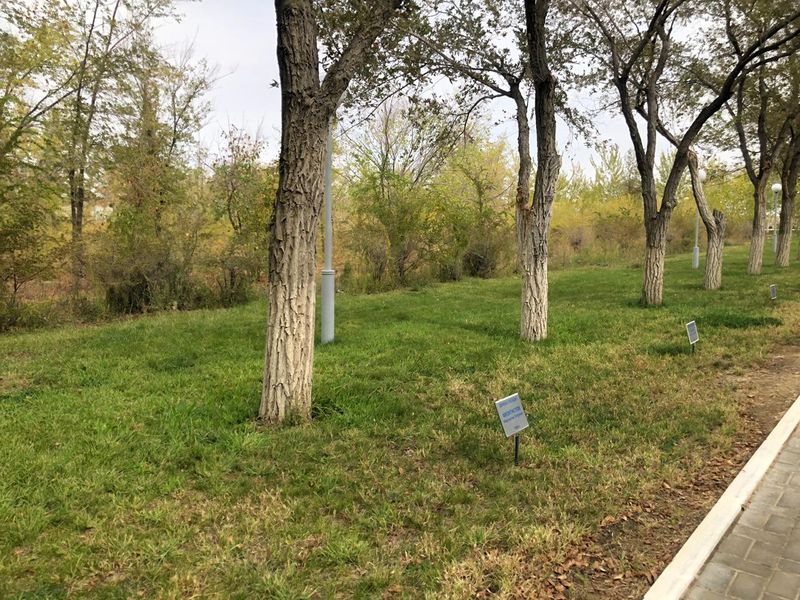
Haircut, movie and a bathroom break
Two days before he boarded the Vostok he got a haircut. The night before his launch, Gagarin watched a movie, as do all astronauts to this day. Halfway to the launchpad, he realised he needed to relieve himself, and stepped out of the bus.
Ever since, every space traveler to fly from the Baikonur Cosmodrome in Kazakhstan has followed suit, right down to taking a bathroom break on the bus.
Coins on rails and a priest's blessing
At Baikonur, the Soyuz spacecraft are rolled out on rails which observers place coins on to be flattened, reported the BBC.
And, since a cosmonaut requested it in 1994, each spacecraft leaving Baikonur is blessed by an Orthodox priest.


